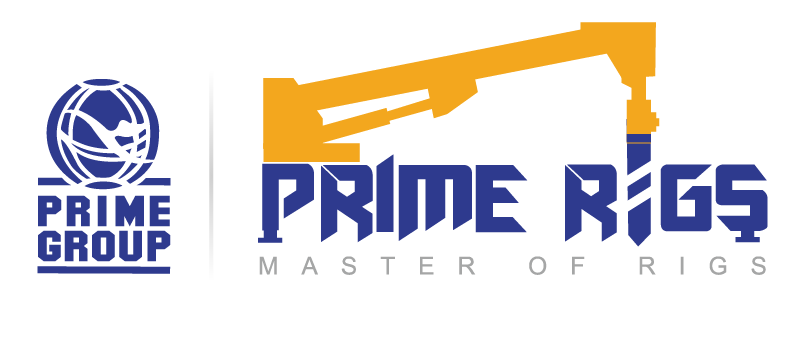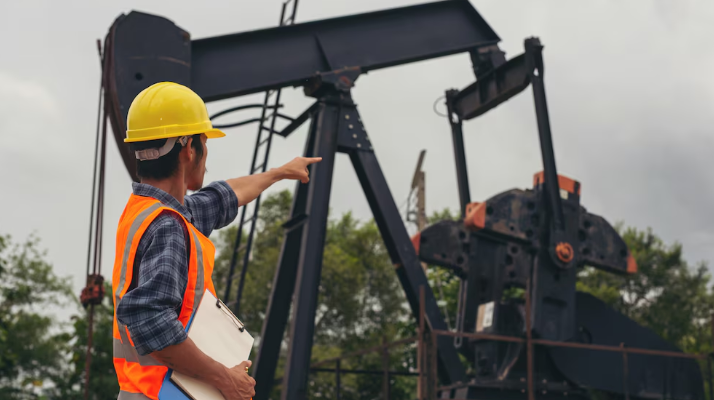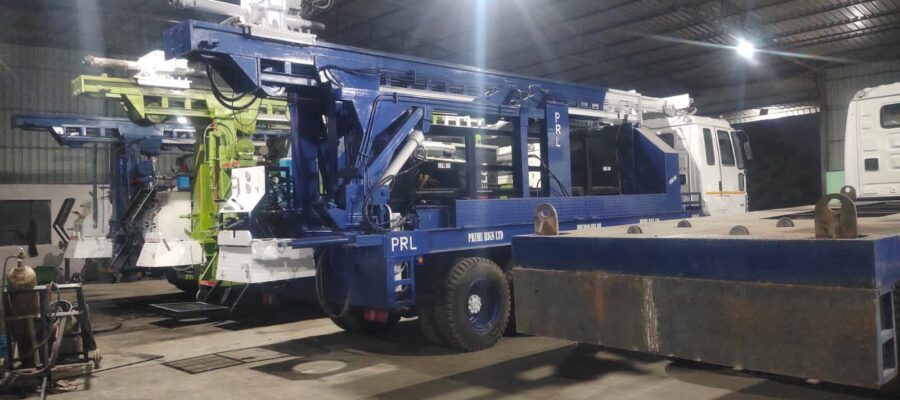
Introduction
Drilling water wells plays a role in providing communities with access to water sources. However, there are risks and challenges involved in this task. That’s why it is extremely important to follow safety measures and comply with regulations. Moreover, it is worth considering the use of water drilling machine for sale that are available. These machines are specifically designed with safety features and modern technology to enhance the efficiency and security of the drilling process. In this article, we will delve into the significance of adhering to safety protocols and regulations when it comes to water well drilling. We will also discuss practices. Emphasize the vital role that laws play in ensuring the well-being of employees, protecting the environment, and serving the communities effectively.
The Significance of Safety in Water Well Drilling
When undertaking the task of drilling water, it is of importance to always prioritize safety. The drilling process entails the operation of machinery exposure to substances and risks associated with geological conditions. In order to safeguard the well-being of workers and minimize occurrences of accidents, injuries and environmental harm, extensive safety protocols are put into practice.
Key Best Practices for Ensuring Safety
Training and Competence: Before starting any drilling activities, it is important to conduct an evaluation of the site to identify any dangers, such as underground utilities, unstable ground conditions or rock formations.
Site Assessment and Planning: Regularly Maintaining drilling equipment is crucial in order to prevent any malfunctions or accidents. Faulty equipment can result in injuries and unnecessary downtime.
Equipment Inspection and Maintenance: It is essential for all personnel involved in water well drilling to receive training. Workers should be knowledgeable about equipment operation, emergency procedures and recognizing hazards. Regular training updates ensure that everyone stays informed about the safety protocols.
Emergency Preparedness: It is essential for drilling operations to establish emergency plans. These plans should detail the steps to be taken in case of accidents, equipment malfunctions and unexpected incidents.
Role of Regulations in Water Well Drilling
Regulatory frameworks play a role in ensuring the ethical completion of water well drilling. Although these regulations may vary from one region to another, their primary focus is on protecting the well-being of employees, the environment and the general public. They provide guidelines for constructing wells, maintaining water quality, and carrying out drilling procedures.
Permitting and Licensing: One crucial aspect of compliance in water well drilling involves obtaining permits or licenses as required by jurisdictions. These permits guarantee that drilling projects adhere to established safety standards.
Well Construction Standards: Regulations frequently specify the construction guidelines for water wells, which include requirements for casing and sealing. The primary goal of well construction is to safeguard groundwater from contamination and maintain the integrity of the well.
Water Quality Monitoring: To ensure that the water extracted from the well meets the standards for consumption and other purposes, regulations may require regular monitoring of water quality.
Environmental Impact Assessment: In drilling operations in environmentally delicate areas, it may be necessary to conduct an environmental impact assessment to assess the potential impacts on local ecosystems.
Conclusion
The foundations of ethical practices in water well drilling machines revolve around prioritizing safety and following the law. By implementing practices and ensuring compliance with requirements, we protect the environment, our employees and ensure that communities have reliable access to water resources. Water well drilling machine play a role in promoting the development and the well-being of societies by placing great emphasis on safety measures, complying with regulations, and preserving valuable water sources for future generations.
Recent Post
- Frequent Used: Heavy Construction Equipment and Instruments
- What Type of Water Drilling Should You Choose?
- How To Choose The Perfect Drilling Rig To Buy?
- Tips For Selecting the Right Drilling Rig According to Your Need
- Water Well Drilling: Numerous Advantages
- How To Find Affordable And Reliable Water Well Drilling Rigs For Sale?
- Everything You Need to Know About Water Construction Rigs
- Water Drilling Rigs: Know The Different Types
- Refurbished Borehole Drilling Machine: Is It Worth The Purchase?
- Safety for the Construction Industry: Why Does it Matter?
- Milling Or Drilling: Which Is The Right Process To Choose?
- Choosing A Construction Truck Rigs Supplier Keeping Perfection In Mind
- Factors That Can Help You Select The Best Water Well Drilling Rig
- What Makes Drilling Rigs Different From Milling Rigs?
- Water Well Drilling Rig: All You Need to Know About It
- Do’s and Don’ts of Choosing the Right Rigs
- Underground Drilling Rigs: Features That Make Them Unique And Most Recommended
- What are construction drilling rigs? Why do companies need them?
- How do drilling companies help you with core drilling exploration?
- Key Features and Benefits of Drilling Machines in the Construction Industry
- Exploring the Advantages of Portable Borewell Drilling Technology
- How to Choose the Right Drilling Rig for Your Needs
- Reasons to Invest in Absolute Guide for Rotary Drilling
- Selecting the Ideal Drilling Rig: Ensuring Safety, Efficiency and Cost-Effectiveness





